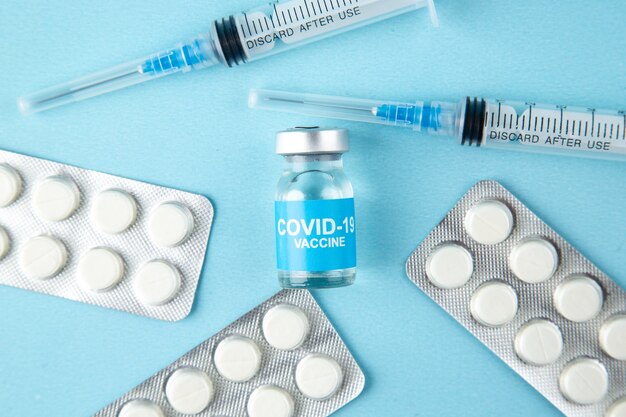
Contrave is a prescription drug approved by the Food and Drug Administration (FDA) for long-term weight management. It should be used alongside a low-calorie diet and regular exercise. Doctors may prescribe Contrave to adults who meet these conditions:
1. Those with a body mass index (BMI) of 30 or more, which classifies them as obese.
2. Those who are overweight, with a BMI of 27 or more, and at least one health issue linked to weight, like high cholesterol, high blood pressure, or type 2 diabetes.
Keep in mind, there are certain limitations regarding who should take Contrave.
Possible Side Effects of Contrave
Like many medications, Contrave can cause side effects, ranging from mild to serious. It’s important to talk to your doctor or pharmacist to understand and manage these possible side effects. If you experience any adverse effects, you can report them to the FDA through the MedWatch program.
Mild side effects of Contrave may include fatigue, nausea, constipation, diarrhea, vomiting, hot flashes, insomnia, dizziness, a dry mouth, and headaches. Serious side effects might involve increased heart rate, high blood pressure, seizures, liver problems, allergic reactions, and thoughts or behaviors related to suicide. If you notice any side effects, reach out to your healthcare provider right away. Serious issues require immediate medical attention.
Contrave’s active ingredients, naltrexone and bupropion, leave your system in about 1 to 3 days after stopping the medication. However, how long they stay can depend on factors like metabolism and dosage. The effects might last longer, so it’s best to discuss any concerns with your healthcare provider.
Risk of Suicidal Thoughts or Behaviors
Contrave includes a warning about the increased risk of suicide-related thoughts or behaviors. This risk is especially noted in people 24 or younger. It’s crucial to monitor for mood changes, and if any signs of suicide appear, seek immediate help.
Purpose and Use of Contrave in Weight Management
Contrave is approved for managing weight over the long term and should be combined with a reduced-calorie diet and exercise for best results. Doctors prescribe it for adults with obesity (BMI of 30 or higher) or those overweight (BMI of 27 or higher) who have related health issues.
Limitations of Use
Contrave isn’t guaranteed to reduce heart disease risks related to health conditions like high cholesterol, high blood pressure, or type 2 diabetes. Its safety in combination with other weight-loss aids is also unclear. Additionally, it’s not approved for use in children.
If you’re considering Contrave, consult with your healthcare provider to see if it’s right for you. They can also guide you in determining a suitable diet and exercise plan to support weight management.









